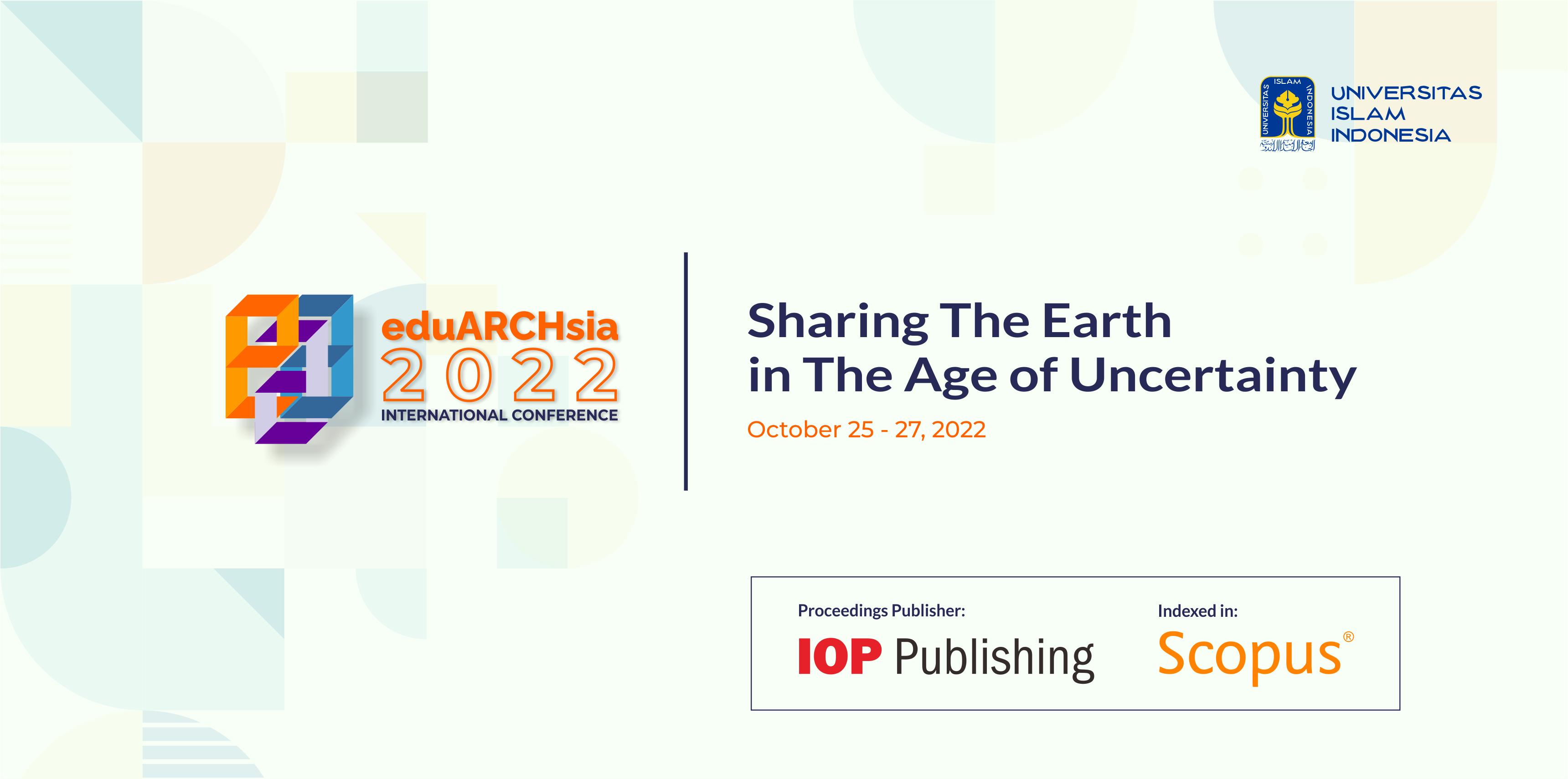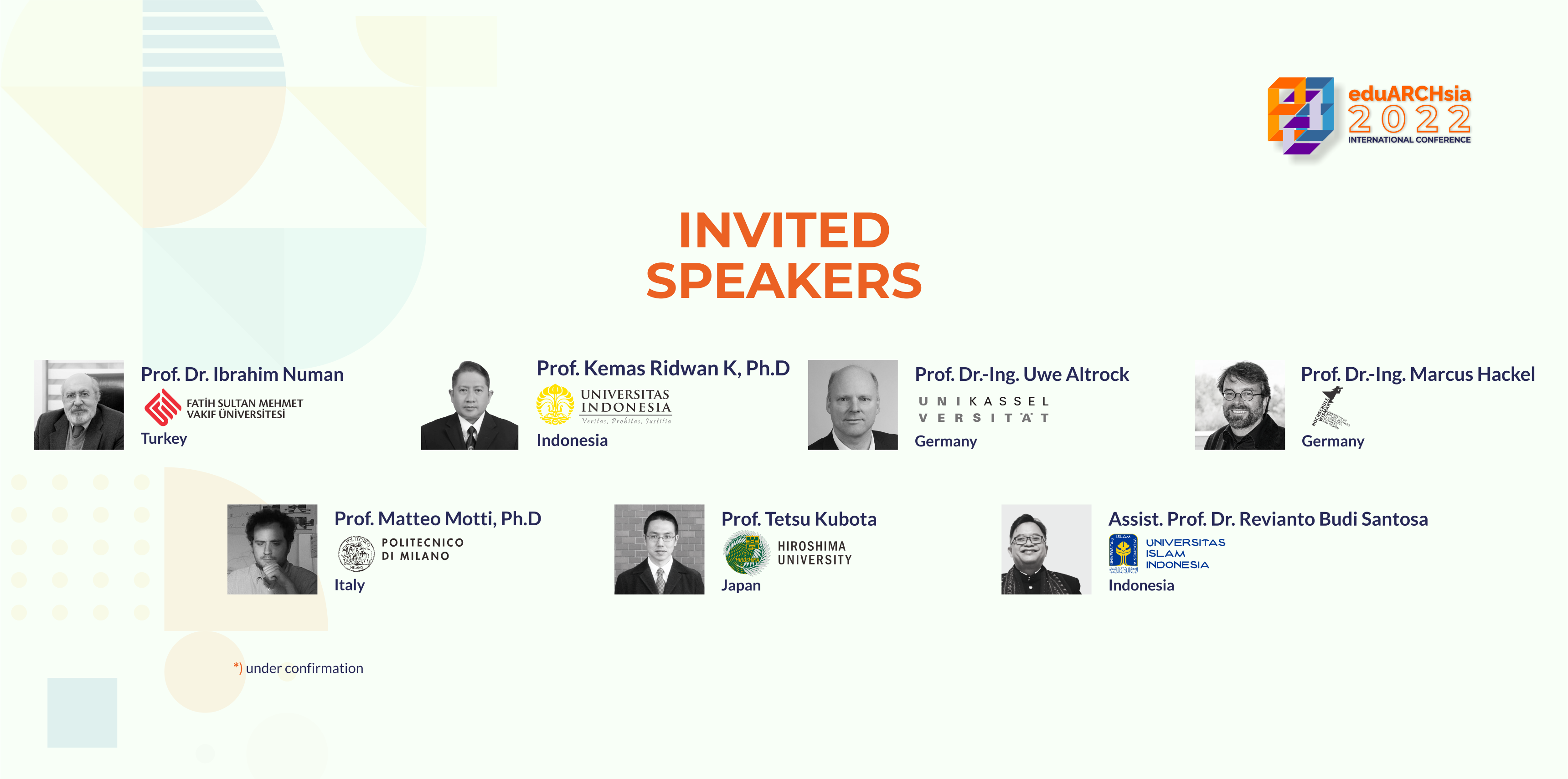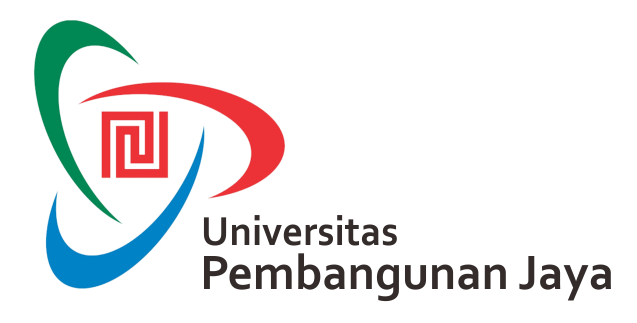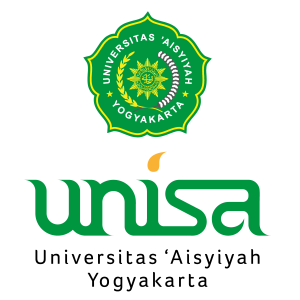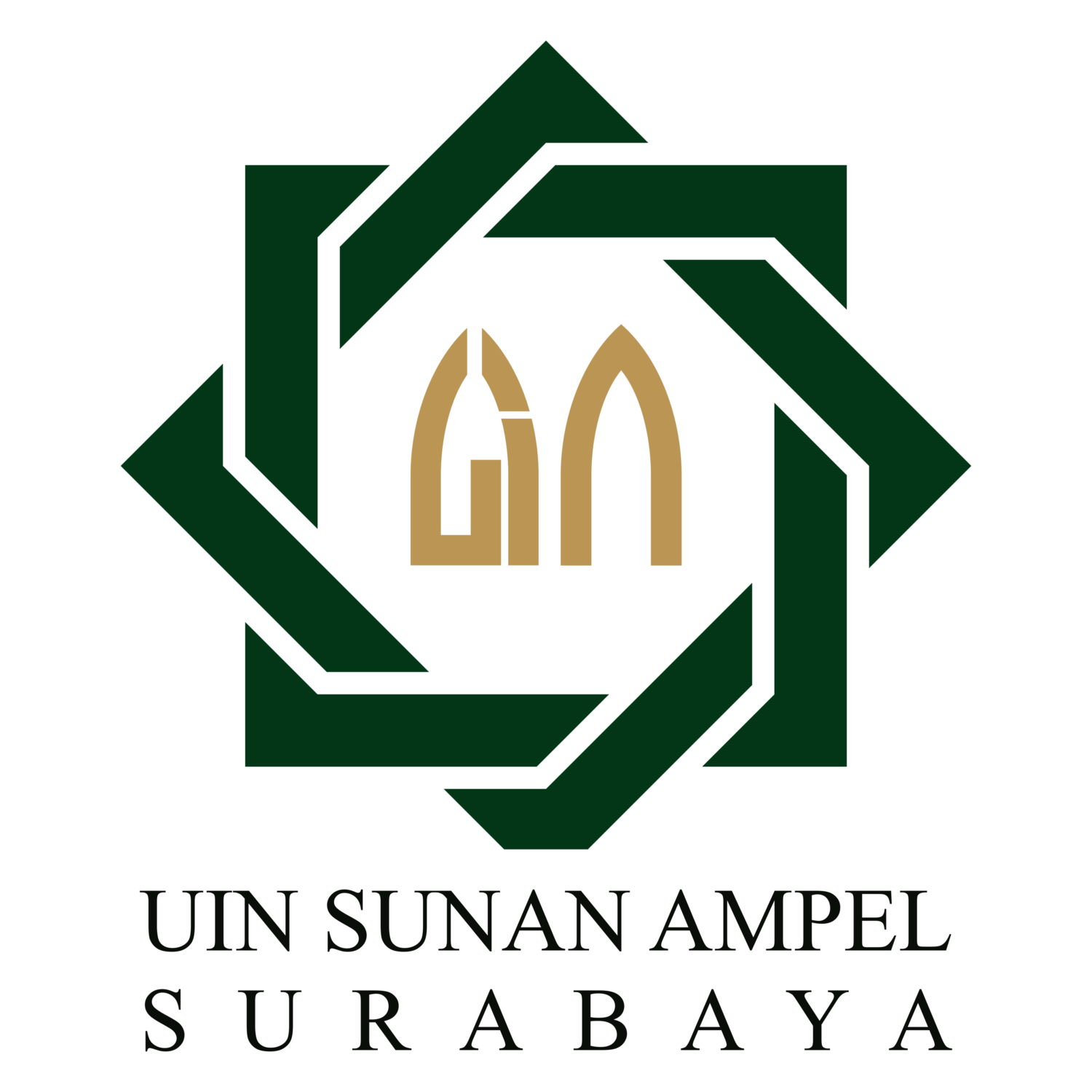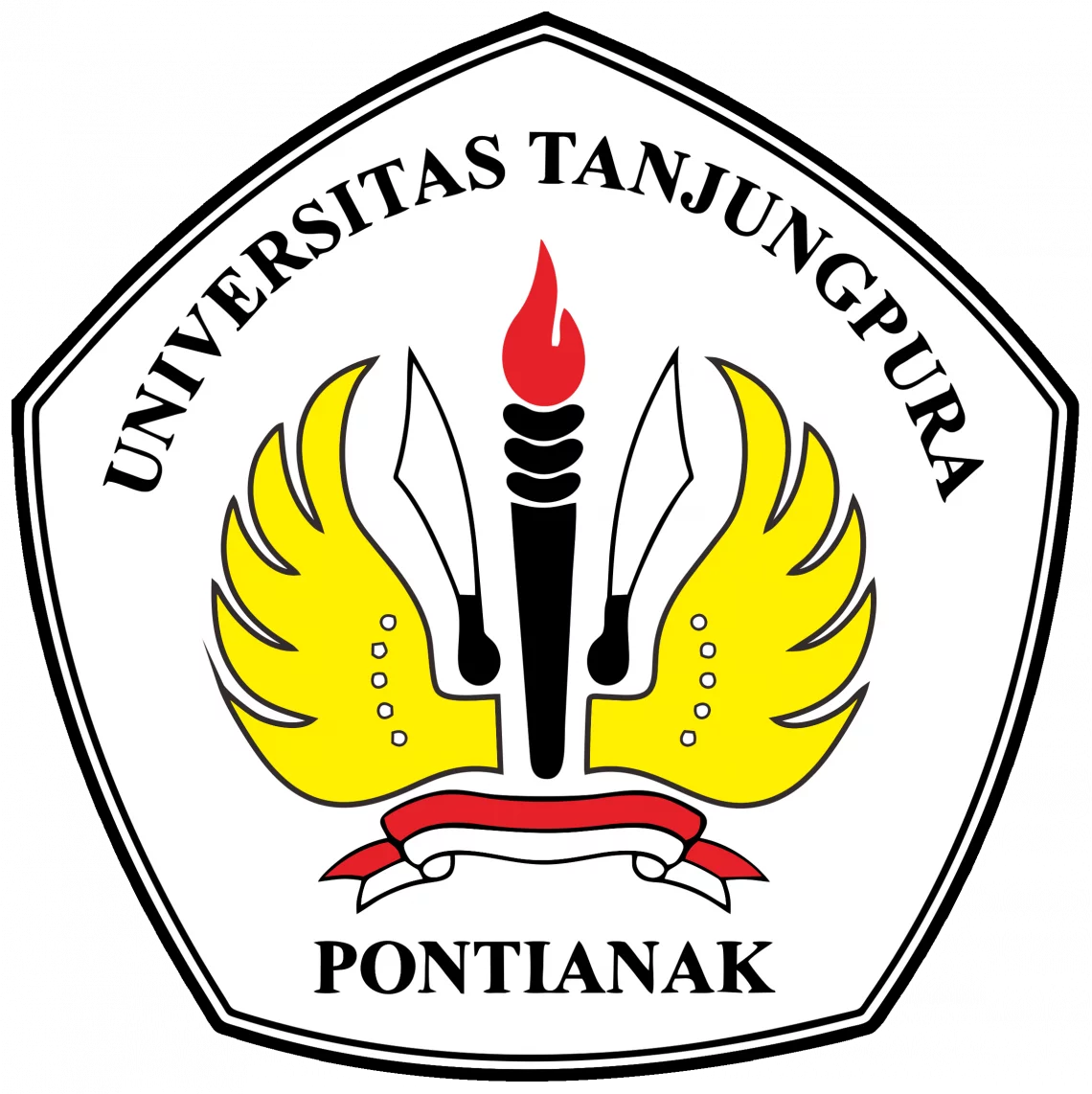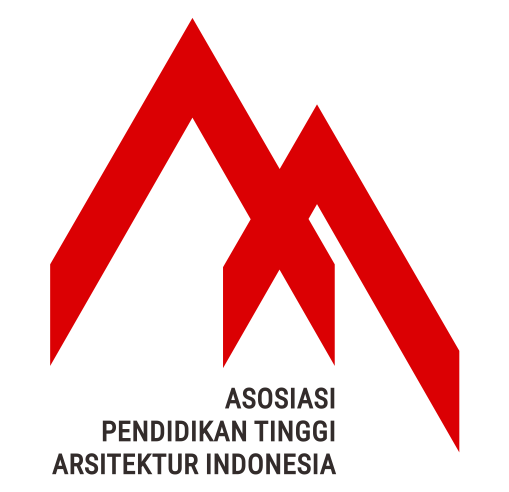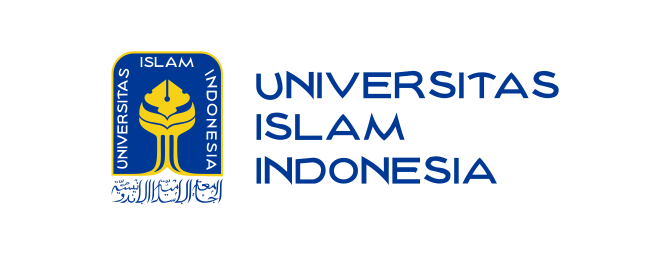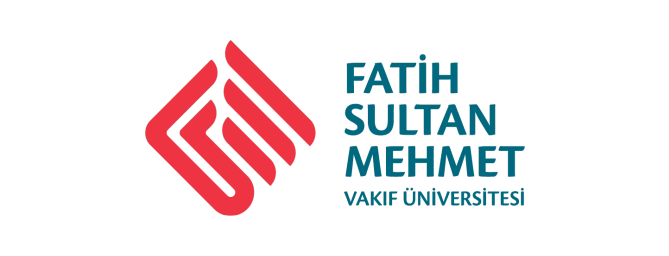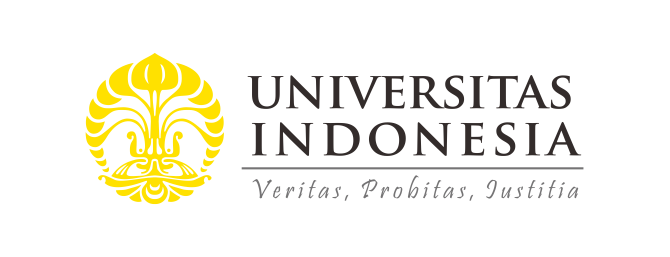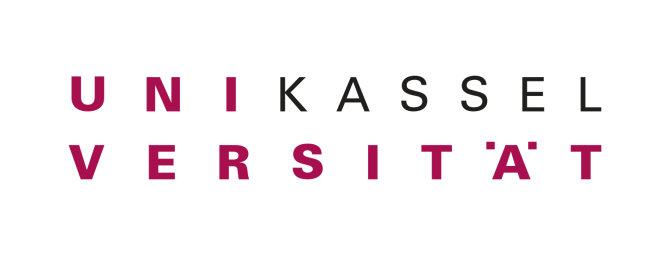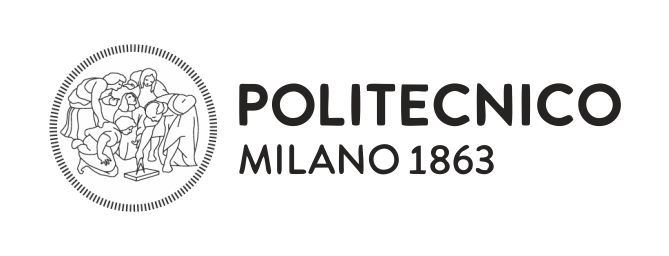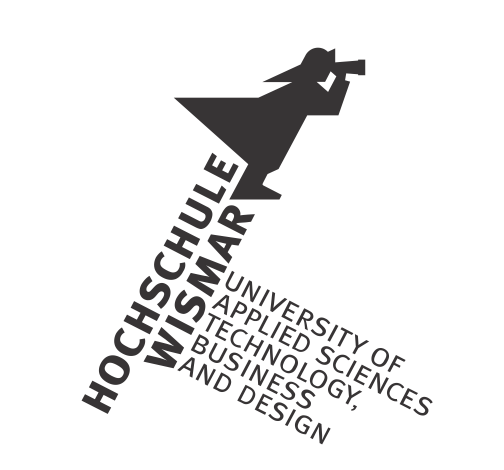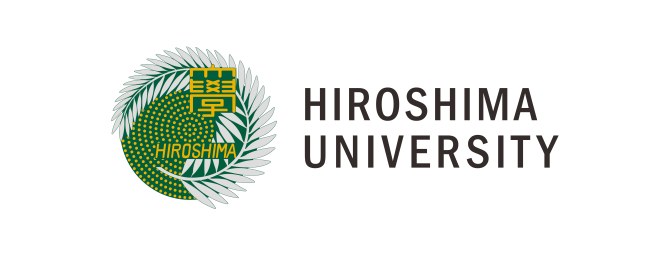Sharing The Earth in The Age of Uncertainty
Global challenges faced by humanity—such as climatic change and more recently the pandemic situation—has twofold impacts. On the one hand, there is an increasing awareness that we share the earth as our common home, in which we all play the custodian roles, but also compete with one another for exploitation. On the other hand, we are facing an unprecedented degree of uncertainty which makes it difficult to establish a common platform of global knowledge and patterns of collaborations.
This conference addresses the above situations by challenging the current knowledge and practices in architecture as a broad field of understanding and creating places for humans to thrive. A new way of understanding the earth as our common ground while maintaining the local existence is necessary in order to deal with the variety and uncertainty of the situations. Each locality or other forms of small groups should be able to respond to this with agility and to be ready to engage in larger collaborative efforts. Local knowledge is for global contribution and vice versa. Humanities should deal with these multiple uncertainties in a number of ways, namely recharting the knowledge, technology, practice and education. The extent of knowledge may include paradigms, theories and concepts operating in different levels of abstractions yet closely interrelated. Technology is conceived in the broadest terms, being the sum of any techniques, skills, methods, and processes used in the production of architecture or in the accomplishment of certain objectives. The notion of practice encompasses diverse ways of making, from the mental acts of conceiving and designing to the physical acts of constructing, or even operating and maintaining architecture.
This wide-range theme in dealing with this challenges is developed into some topics which are relevant with Sustainable Development Goals being the common platform for global endeavour. The broadest topic to conceive is Sustainable Development which may include a number of interrelated issues. Re-defining the new concept of sustainability is essential to provide a more agile and flexible concept to deal with uncertainties, as well as a more comprehensive notion to include spiritual and cultural well being of the people. The disparity of access of resources and knowledge are also discussed as overcoming these ever-widening gaps is necessary to achieve the goals, being supported among aothers by advanced and appropriate technologies.
The second topic is Environmental Health being a serious issue to discuss as it directly faces the challenge of pandemic situation requiring a thorough re-consideration of architecture in many respects. This topic may encompasses the discussion on advanced-technology, the strategies devised in design and new way in undertsanding space and its associated functions to achieve such new standard of quality.
Among the fundamental resources that should be fairly shared and wisely managed on the earth is energy which include the way we improve the consumption and production of energy. Some exemplary cases of local strategies in dealing with energy can be promoted as global lessons. Wisely designed and managed, we may reverse the roles of building and built-environment from energy consumption to energy provision, which might be enhanced by applying passive strategy.
